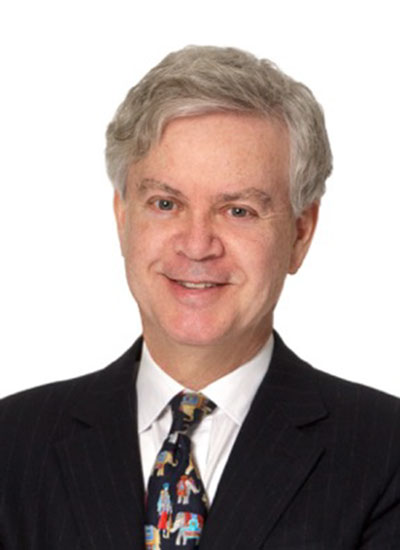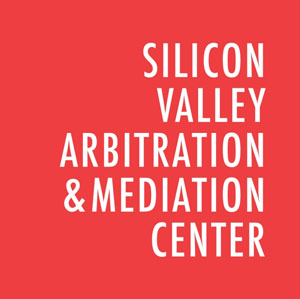In January, Tech List Members Jonathan W. Fitch and Philip D. O’Neill, Jr. moderated a program at the Boston Bar Association: “Insider Views on International Dispute Resolution.” SVAMC was a co-sponsor of the event, whose panel members included Secretary General Alexander Fessas of the ICC International Court of Arbitration; Mark T. Beaudouin, General Counsel and Secretary of Waters Corporation; Andrea DiFabio, Chief Legal Officer of Bioverativ Inc.; and Roland Schroeder, Global Executive Counsel – Corporate Litigation and Legal Policy for General Electric Company.

In the first part of the program, Philip O’Neill interviewed Alexander Fessas on a range of topics including changes in the ICC Rules of Arbitration, measures to promote efficiencies in the issuance of awards, scrutiny of awards by the court, the emergence of new international arbitration centers and efforts to promote diversity among arbitrators. Fessas spoke about the Expedited Procedure Rules, which became effective March 1, 2017. While it is too early to judge the market acceptance of this innovation, it directly addresses the complaint that international arbitration takes too long and is too expensive. Fessas also discussed areas where the ICC is continuing its international focus, including its extensive operations within the U.S. and ability to handle even purely domestic arbitrations. In particular, Fessas emphasized that the ICC is making a push towards transparency with the publication of the arbitrators sitting on ICC panels, and with the redacted publication of certain ICC awards.
 Following the interview with Fessas, Jonathan Fitch led a roundtable discussion to get the views of corporate counsel. The counsel uniformly thought that the ability to choose the arbitrator was perhaps the single greatest advantage over litigation. They also noted, though, that while arbitrations can sometimes take several years to resolve, they have some litigations that have been proceeding for decades, again giving the advantage to arbitrating disputes.
Following the interview with Fessas, Jonathan Fitch led a roundtable discussion to get the views of corporate counsel. The counsel uniformly thought that the ability to choose the arbitrator was perhaps the single greatest advantage over litigation. They also noted, though, that while arbitrations can sometimes take several years to resolve, they have some litigations that have been proceeding for decades, again giving the advantage to arbitrating disputes.
Counsel all indicated that they spend significant time identifying the most appropriate arbitrator candidates, with subject matter expertise as a leading criterion. In cases involving intellectual property, for instance, they look for an arbitrator experienced in that area. For three-person Tribunals, there was a consensus view that the party-appointed arbitrator should be open to their active participation in the choice of a chair. None of the corporate counsel supported Jan Paulsson’s proposal that arbitral institutions select arbitrators to avoid any appearance of conflict. They expressed a reluctance to place their trust in arbitrator selection with institutions where there was no real guarantee of quality, and where the institutional personal and philosophy may change over time.
Counsel all indicated that there is now more attention to the drafting of dispute resolution clauses. Stepped processes—executive negotiation, followed by mediation and then arbitration—were disfavored. One speaker remarked that the coordination of the first step with an executive team made it problematic for counsel to maintain the confidentiality of information and consistency of legal positions in advance of an arbitration or court proceeding.
The event attracted an audience of about fifty arbitration lawyers, arbitrators, in house counsel and law students, who engaged the panel in a lively give-and-take. Questions touched upon the choice of the right forum, the advantages of Boston as an arbitral seat, the qualities that counsel look for in selecting lawyers as advocates in arbitrations, and experiences with the enforceability of awards and court judgments in foreign jurisdictions, among other fascinating issues.
The nearly two-hour program was exceptionally well received and demonstrated the value of bringing the sophisticated voices of arbitral institutions and the corporate consumer together.
